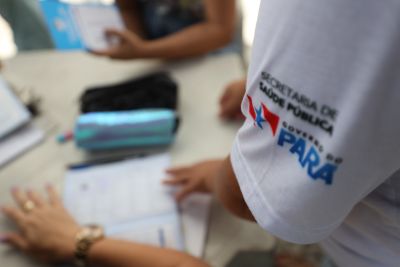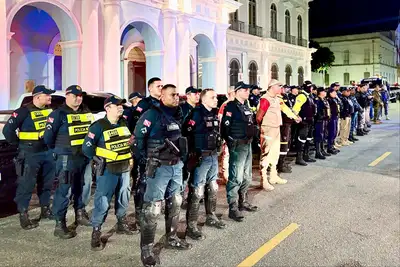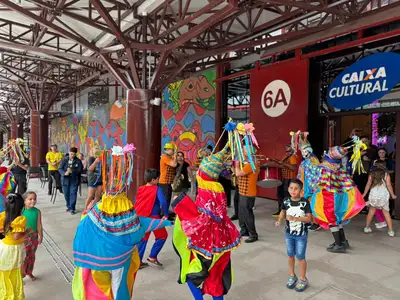Children's Oncology Hospital emphasizes the importance of early diagnosis of childhood cancer
Early detection increases the chances of cure by up to 80%
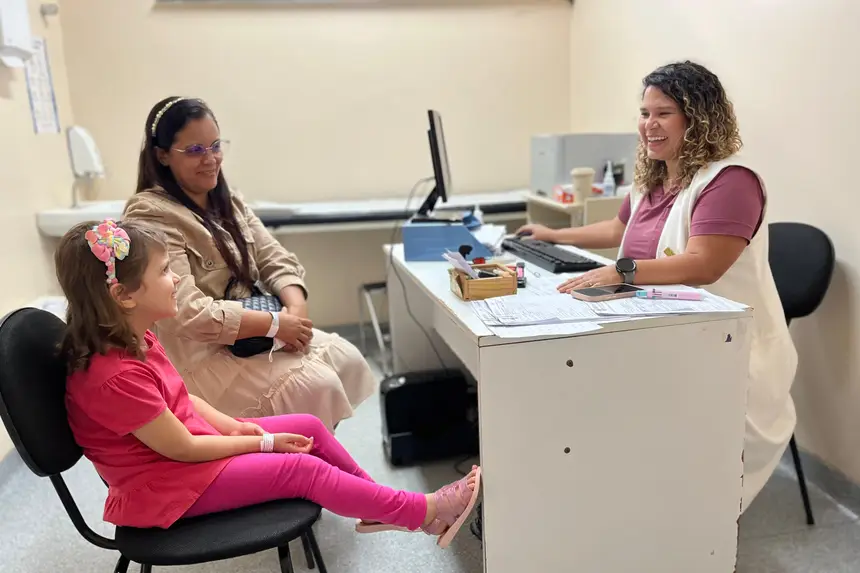
Although considered rare, childhood cancer is the leading cause of disease-related death in Brazil for those aged 0 to 19, second only to deaths related to accidents and episodes of violence, according to a survey by the National Cancer Institute. And, this month dedicated to raising awareness about this type of cancer, pediatric oncologist at the Octávio Lobo Children's Oncology Hospital (Hoiol), Alayde Vieira, warns about the need to recognize early signs of the disease.
In Belém, Hoiol has a complete multidisciplinary team to provide specialized assistance to patients, in accordance with current legislation and resolutions from the SUS. The hospital unit, managed by the Institute Diretrizes under a management contract with the State Health Department (Sespa), has over 1,300 patients in treatment.
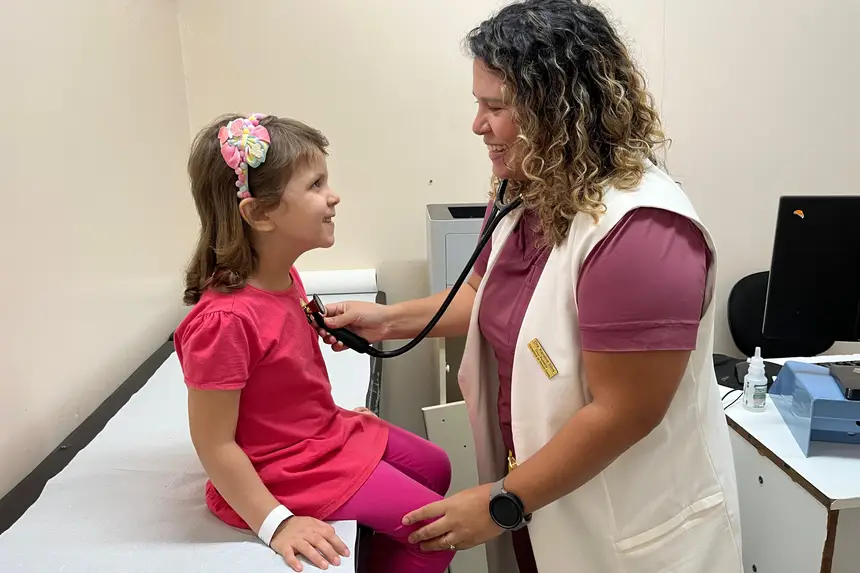
Alayde Vieira explains that the most common types of cancer vary according to age group. “Up to 14 years old, leukemias predominate. From 15 onwards, thyroid carcinomas become more frequent. When we look at the age range of 0 to 19 years nationally, the ranking is led by leukemias, followed by lymphomas and brain tumors. In Pará, this order is reversed. Leukemias occupy the first place, followed by brain tumors and lymphomas.”
The specialist emphasizes that early diagnosis is the decisive factor in saving lives, as there is no population screening for this group, as occurs in some types of cancer in adults. “It is essential that family members and health professionals are attentive to signs such as progressive pallor, persistent fever for more than 15 days, pain in the lower limbs without improvement, weight loss, purple spots on the body, and abdominal swelling,” details Alayde.
In the case of brain tumors, symptoms such as severe headache, frequent vomiting, seizures, irritability, developmental delays, and even strabismus may indicate the need for urgent medical evaluation. In the case of lymphomas, continuous swelling of lymph nodes in the neck, fever, and unexplained weight loss are warning signs.
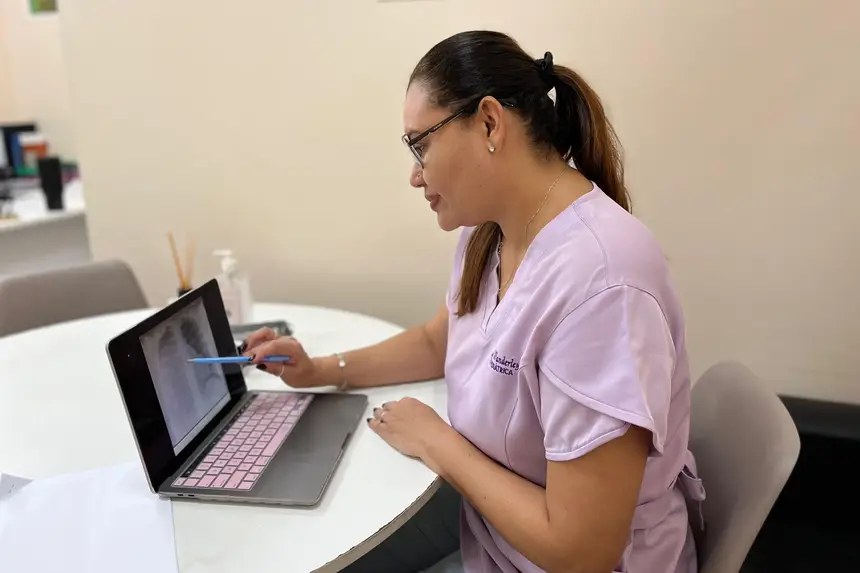
“Children can also have cancer. Recognizing the signs and seeking medical help as soon as possible can completely change the life trajectory of a young patient. Our role is to reinforce this alert and show that when diagnosis occurs early, we increase the chances of cure by up to 80%,” concludes Alayde.
Housewife Maria Soares, 45, received her daughter Sara Heloise's leukemia diagnosis with difficulty in December 2023. “I clung to faith because I knew what we were going to face. The campaign is important to increase guidance to families because many have no idea what this disease is. My daughter was only 2 and a half years old when she started having high fever, but I never imagined it was cancer,” she said.
Reference in comprehensive care - The Octávio Lobo Children's Oncology Hospital has been accredited by the Ministry of Health since 2017 as a High Complexity Oncology Unit (Unacon) and has state-of-the-art facilities for comprehensive care. The institution performs complex surgeries, such as neurosurgeries, head and neck procedures, and innovative orthopedic interventions.
In addition to clinical care, the hospital adopts a multiprofessional model of support, involving nutritionists, psychologists, physiotherapists, speech therapists, and social workers. “The care pathway is outlined from the patient's arrival until the end of treatment. We even have a mourning outpatient clinic to support families for six months after the loss of a child. And, when the outcome is favorable, we continue to follow the patient for five years, until definitive discharge,” emphasizes Alayde Vieira.
Support Network - The care flow for children suspected of having cancer in Pará has a structured support network. In addition to the Hemopa Foundation, responsible for supporting cases, regional hospitals also act in the suspicion and referral stage to high complexity units.
In Belém, the Octávio Lobo Hospital has been accredited by the Ministry of Health as a High Complexity Oncology Unit since 2017. In the interior of the State, the Regional Hospital of Baixo Amazonas (HRBA), in Santarém, offers specialized care in pediatric oncology, serving as support for patients from Baixo Amazonas, Tapajós, and Xingu.
This network is complemented by the Oncological Screening Unit of the Federal University of Pará (Ufpa), created in the Women's and Children's Health Care Center (Casmuc). The purpose is to ensure that children from different regions of Pará have access to early diagnosis and appropriate referral for treatment, whether at the Octávio Lobo Hospital in Belém or in partner units.
Text by Leila Cruz / Ascom Hoiol


